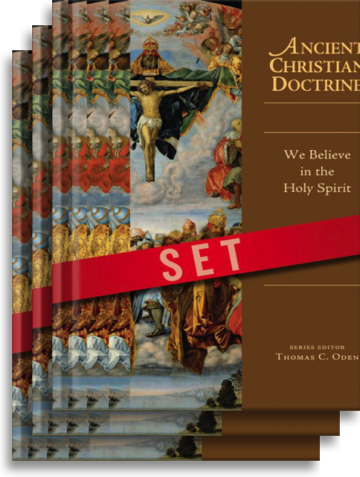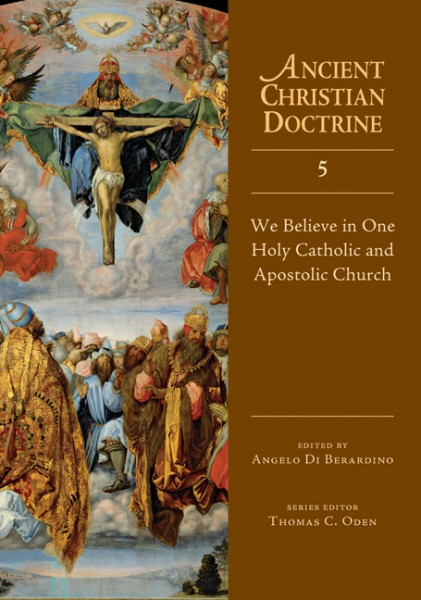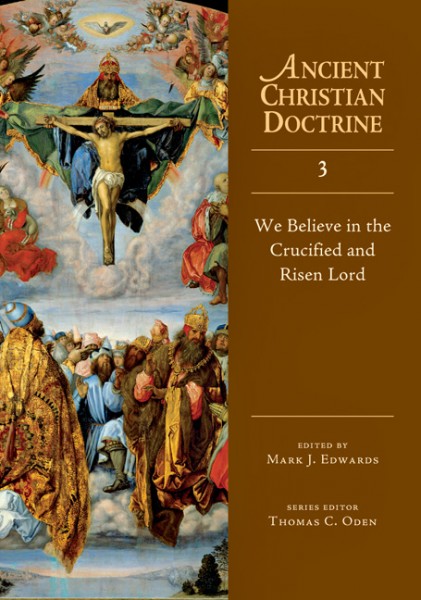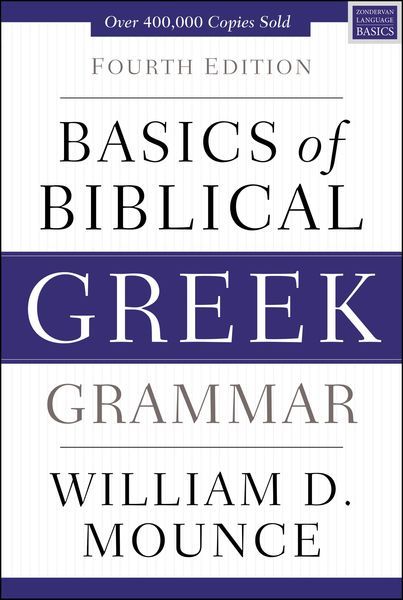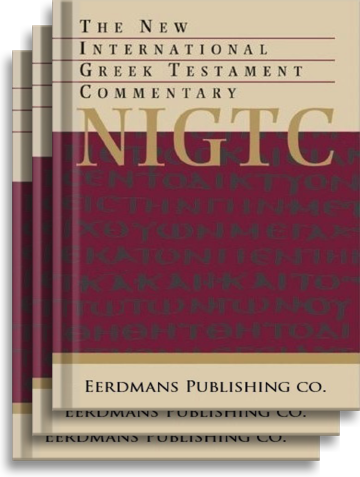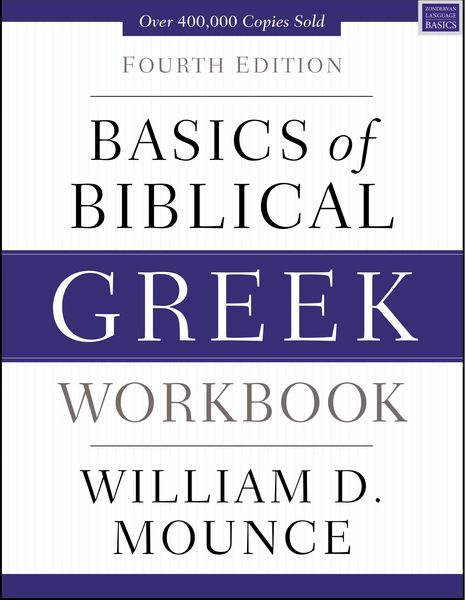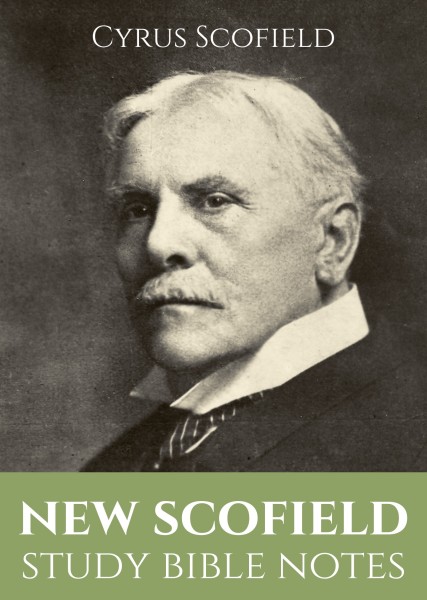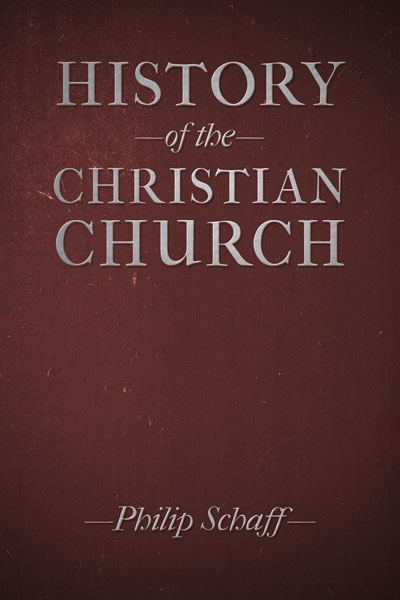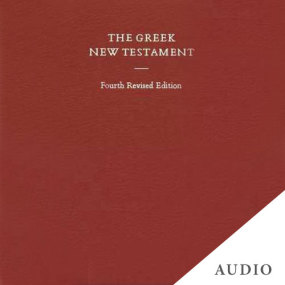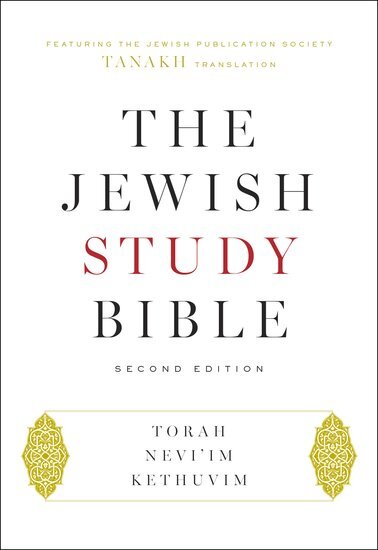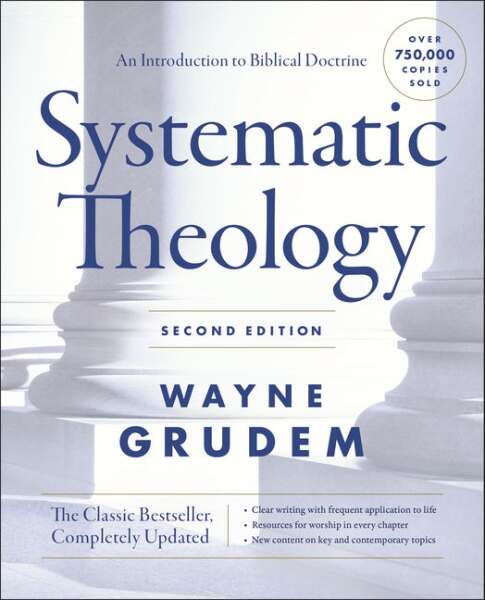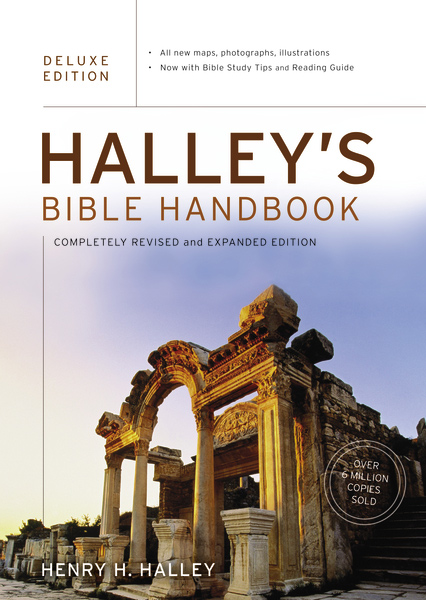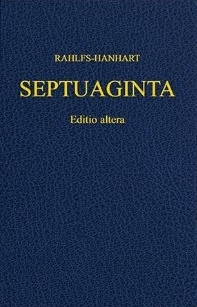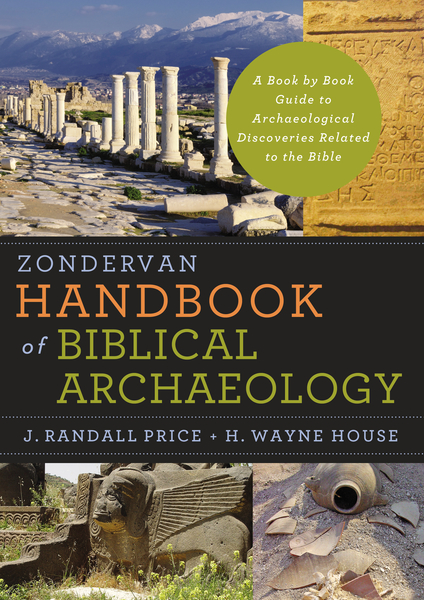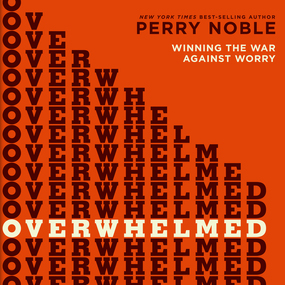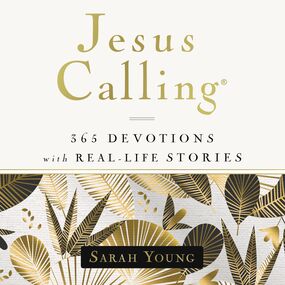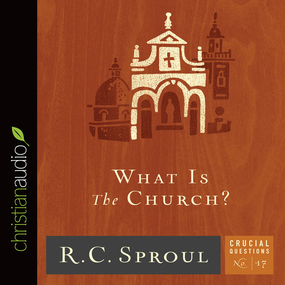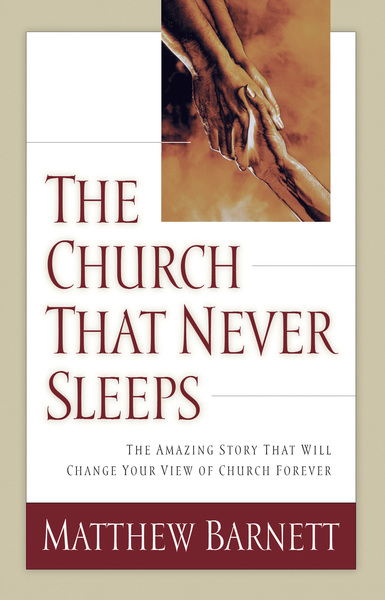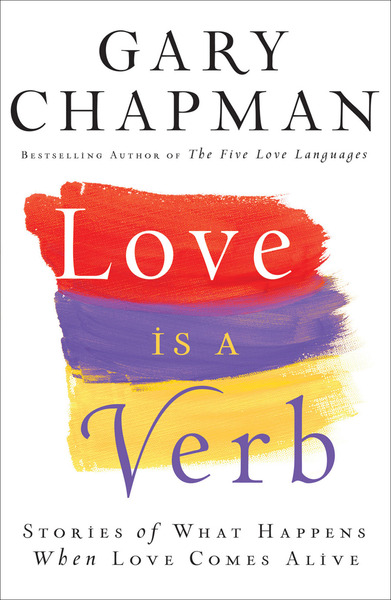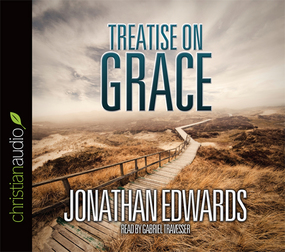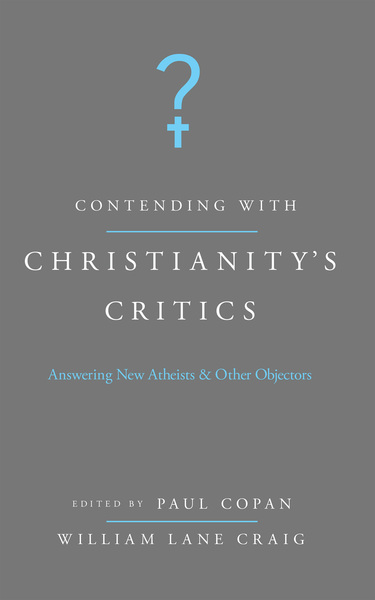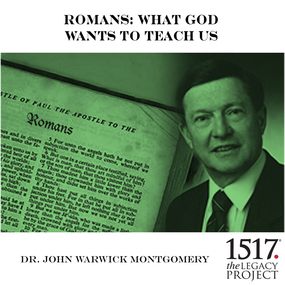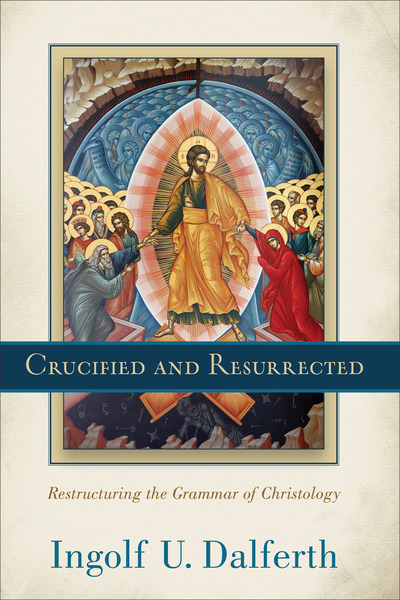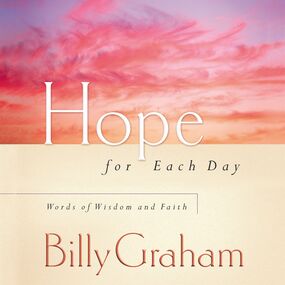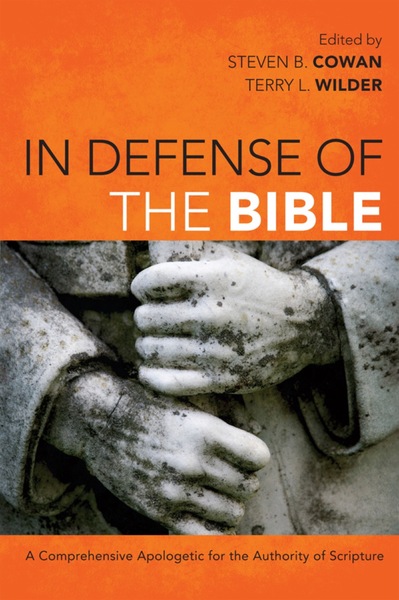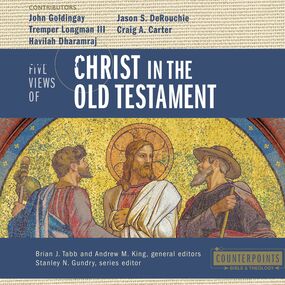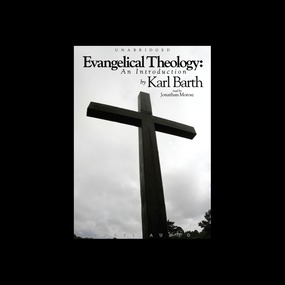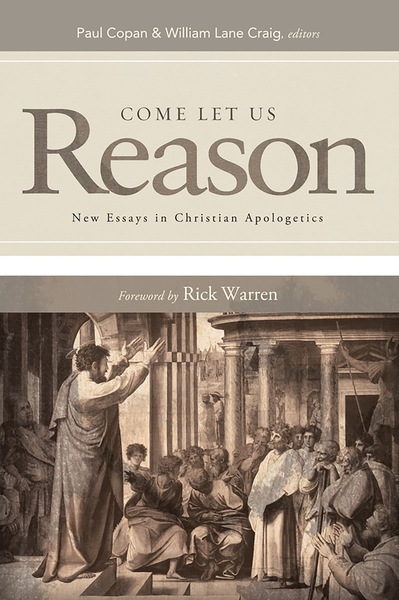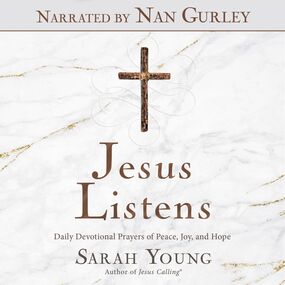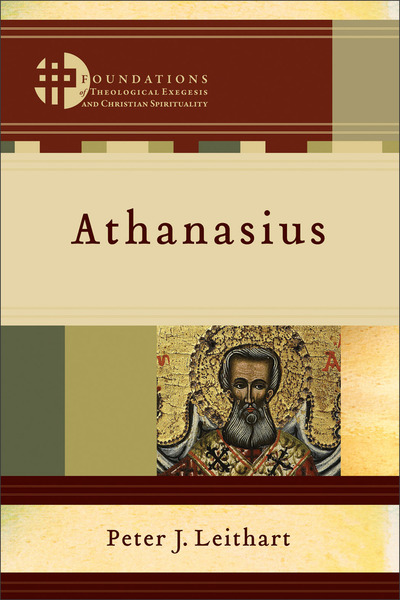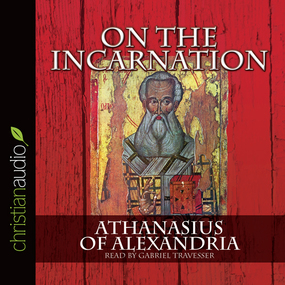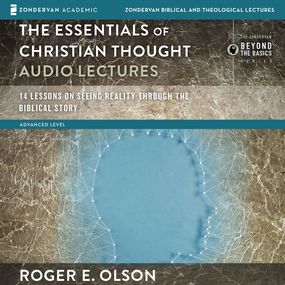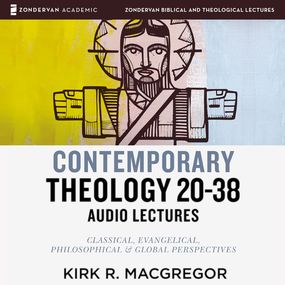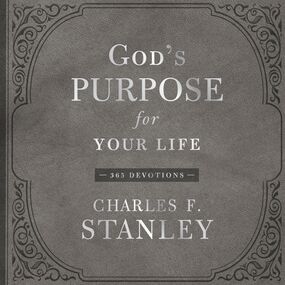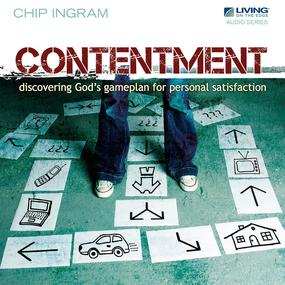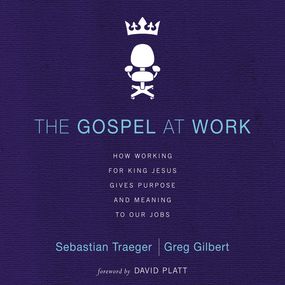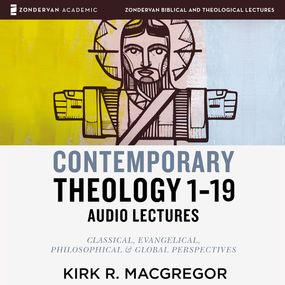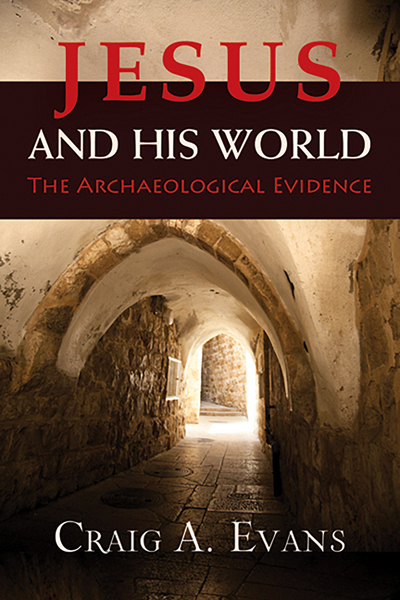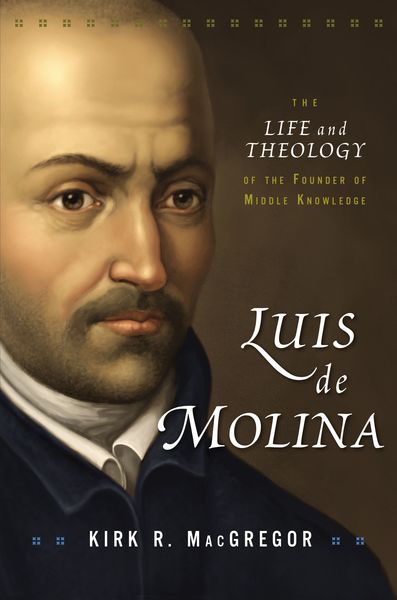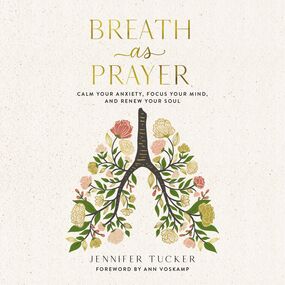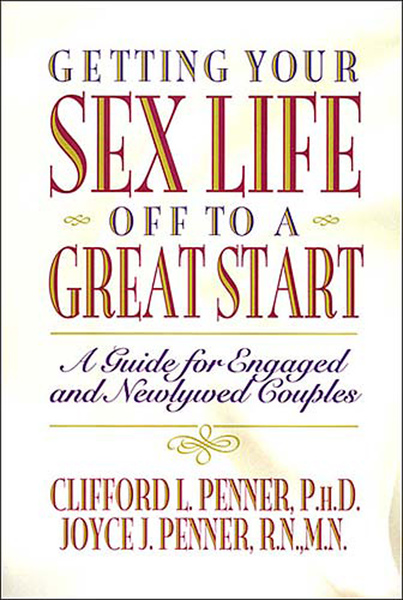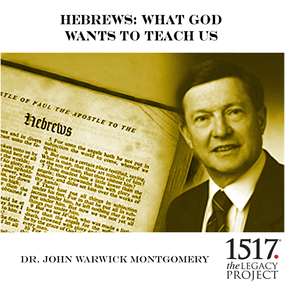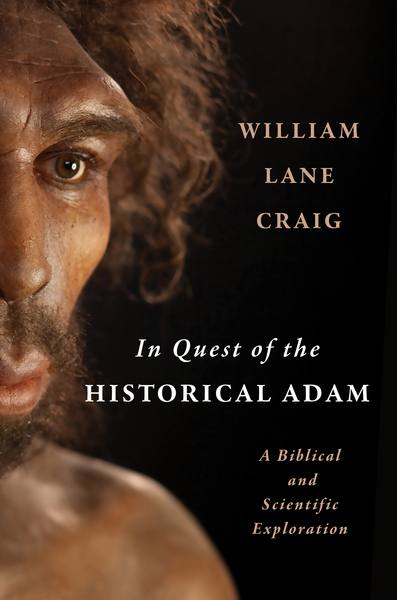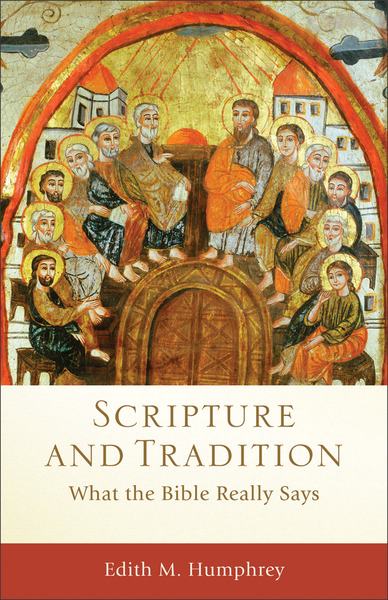

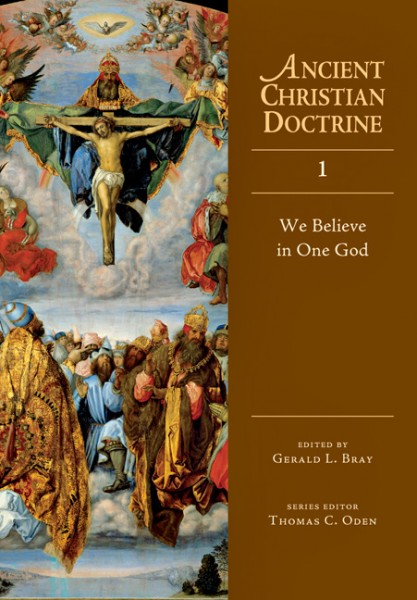

"We believe in one God, the Father." The opening clause of the Nicene Creed can be summed up in a single word--monotheism. In the early centuries of the church, this striking doctrine stood starkly against a cultural background of multiple deities and spiritual powers. While it clearly builds on its Jewish heritage, calling God "Father" anticipates the Father-Son relationship in the Godhead that early Christians knew and robustly upheld.
The first article of the Nicene Creed also presupposes that there is an objective body of teaching that Christians are expected to confess as their faith. This idea seems normal and natural to us, but it was a novelty in the ancient world. Neither Judaism nor any pagan religion or philosophy could claim to have a closely defined set of beliefs that everyone adhering to it was expected to profess publicly and defend against all comers.
While this article on God the Father is the shortest and arguably oldest portion of the Creed, it fully sets forth the fundamental understanding of God as creator and originator of all that is. This commentary in its selection of texts from the early church highlights the common understanding of the One God in three Persons, elucidating the church's understanding of divine attributes and trinitarian relations.
The Ancient Christian Doctrine Series: This exciting five-volume series follows up on the acclaimed Ancient Christian Commentary on Scripture to provide patristic commentary on the Nicene Creed. The series renders primary Greek, Latin, Coptic and Syriac source material from the church fathers in lucid English translation (some here for the first time) and gives readers unparalleled insight into the history and substance of what the early church believed. Including biographical sketches, a timeline of ancient Christian sources, indexes, bibliographies and keys to original language sources as well as the Nicene-Constantinopolitan Creed in Greek, Latin and English (ICET version), this series illuminates key theological essentials in the light of classic and consensual Christian faith and makes an excellent resource for preaching and teaching.
